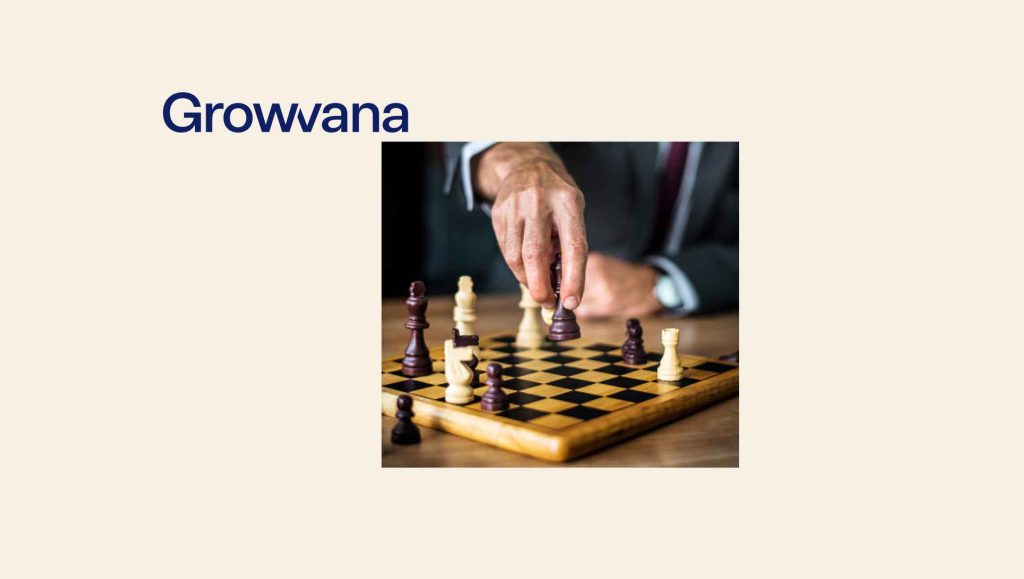The newest iteration of Page Authority will provide SEOs insight to more accurately gauge page strength and help identify where to take action
Moz, Inc., the leader in search engine optimization technology, announces an upcoming update to the algorithm behind Page Authority, bringing a more accurate prediction of a page’s ability to rank on a search engine results page (SERP.) The Page Authority metric is powered by a machine-learned, neural network model that uses more than 40 link-related factors to gauge a page’s strength and ranking potential. The newest iteration, Page Authority 2.0, will launch on September 30, 2020, incorporating new factors like Spam Score and link quality pattern identification.
Page Authority 2.0, from @Moz, will provide a more accurate prediction of a page’s ability to rank on a SERP
“We’ve built Moz’s authority metrics to give SEOs more clarity on the strength of their pages and domains, and to help identify where link-related efforts should be prioritized,” said Rob Ousbey, VP Product at Moz. “This upholds our commitment to maintaining world-class quality SEO data. As new factors and enhanced algorithms emerge, we’ll continue to give digital marketing and SEO professionals the most robust vantage point, to decide how to take action, where to build links, and what kinds of content to develop.”
Read More: Expanded EMEA Team Achieves Significant Sales Growth, Drives Continued Cloud Adoption
Moz’s Page Authority is a proprietary metric that does not directly affect search engine rankings. Instead, it informs SEOs on the strength of an individual page on a 100-point logarithmic scale. With the upcoming change to the model, SEOs may notice fluctuations in their own Page Authority scores, but these should be examined within the context of their competitors and industry space. Both Page Authority and Domain Authority should always be used as relative metrics, rather than absolute ones, to compare ranking potential against direct SERP competitors.
“We use Page Authority from Moz to get a more granular understanding of the value of the links we build for clients. We previously used Domain Authority for this, but we needed something that measures the value of multiple links coming from the same domain and PA fits the bill perfectly,” Paddy Moogan, Co-Founder at Aira. “This exciting update to Page Authority will help our clients better understand the value of links and make our work more valuable.”
Read More: SalesTechStar Interview With Nishant Mungali, Co-Founder And Chief Product Officer At MindTickle





















